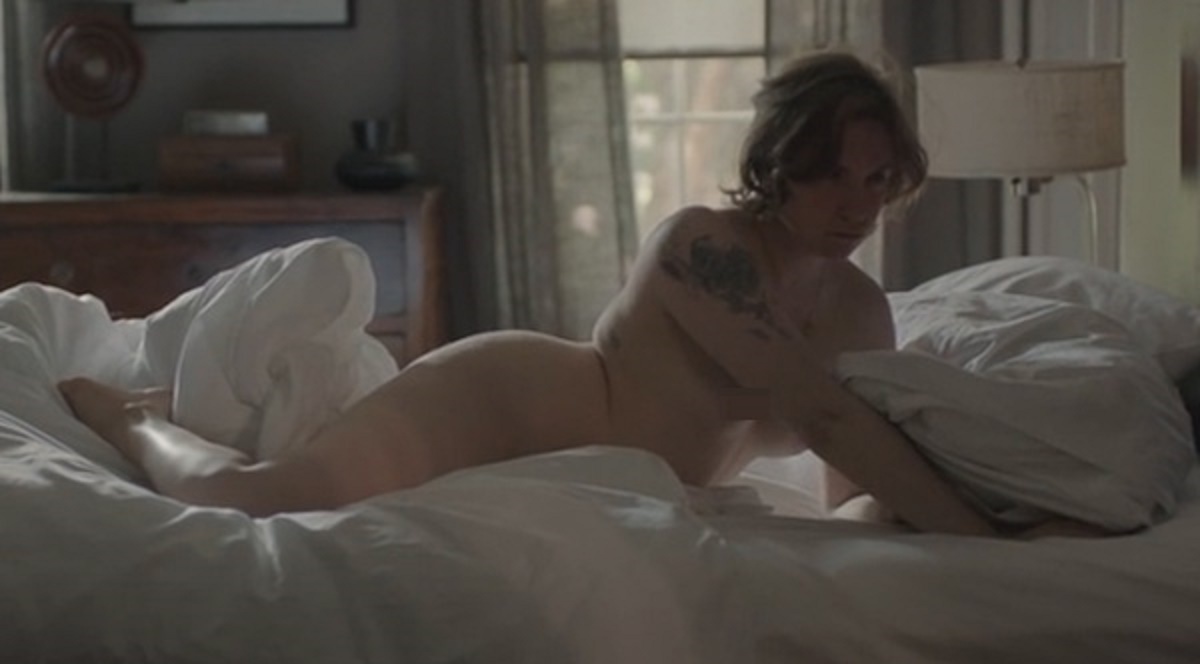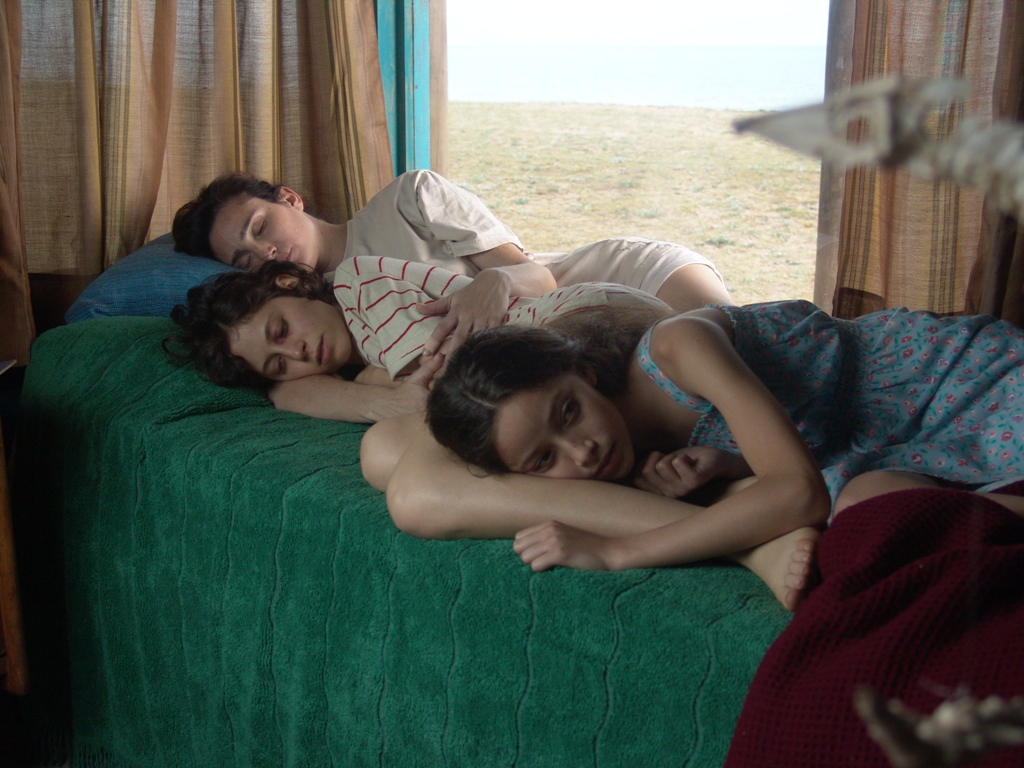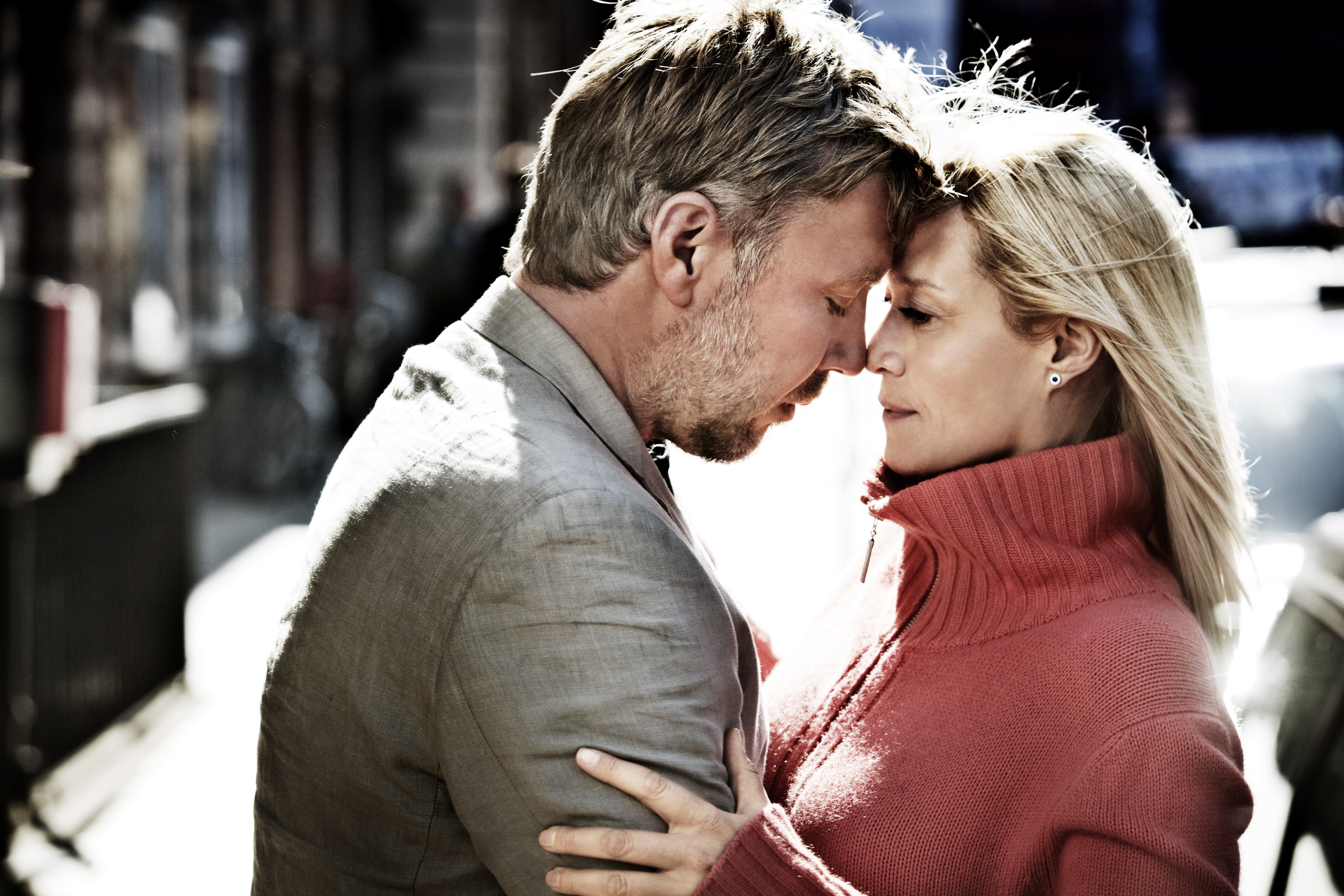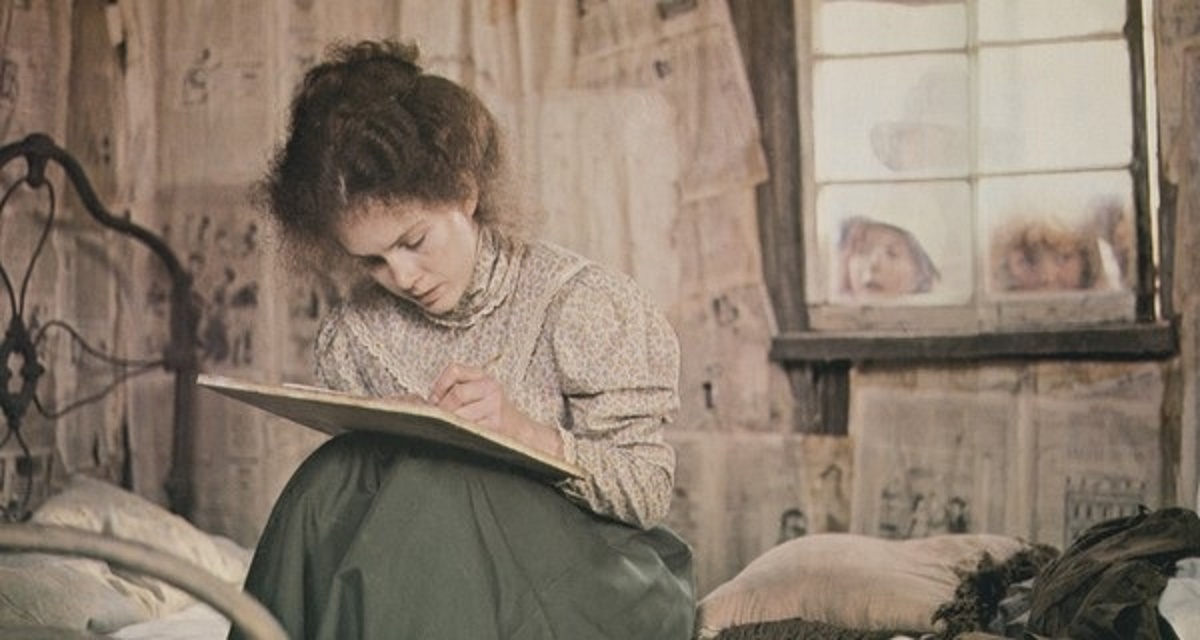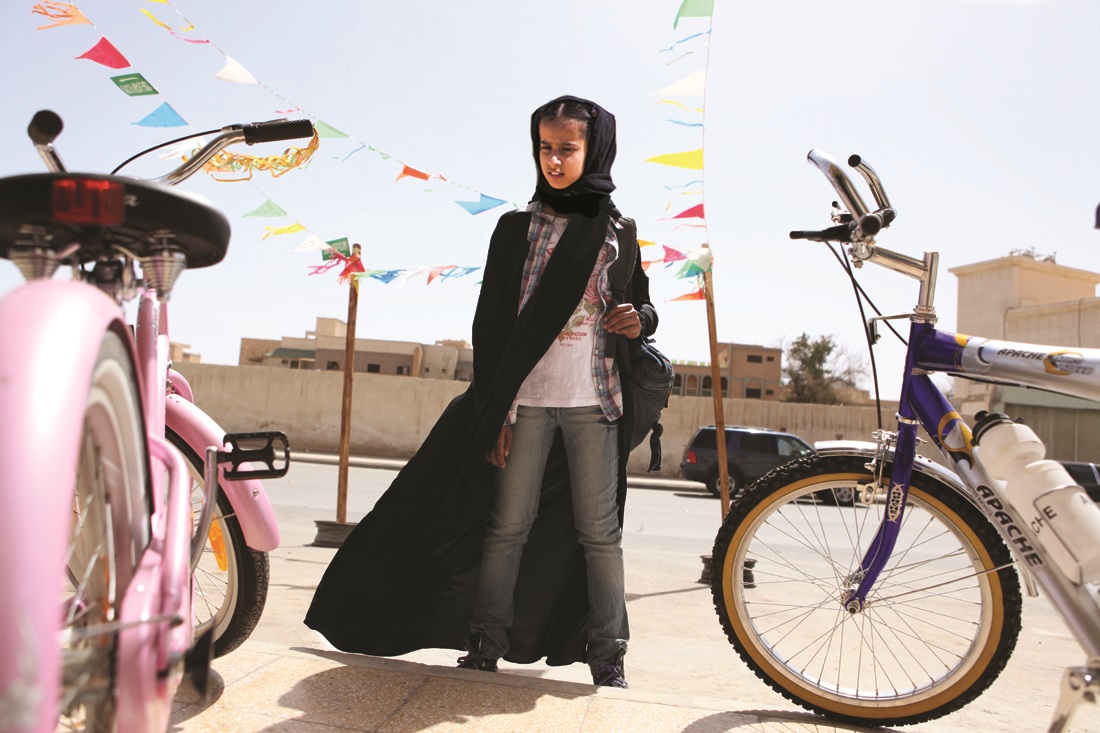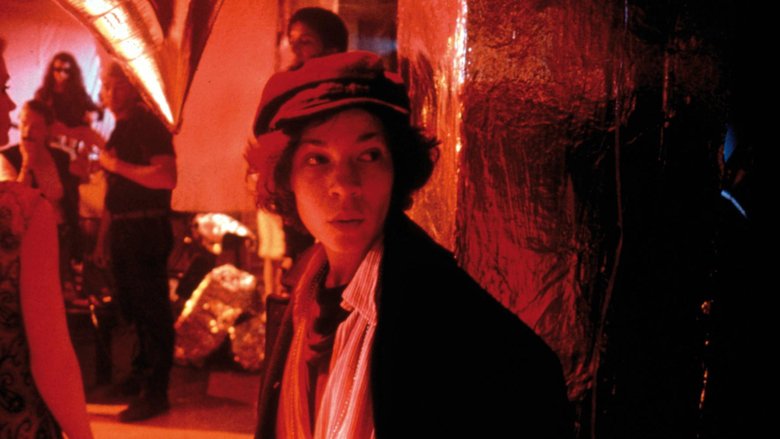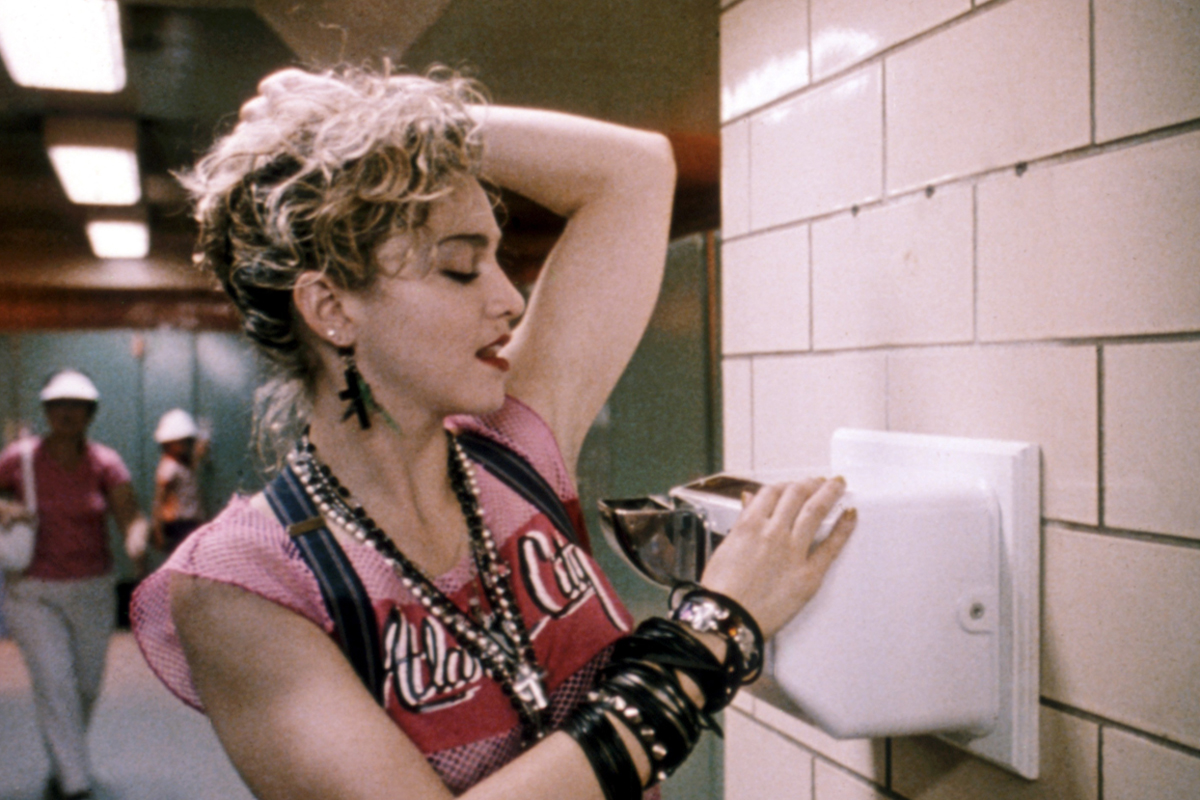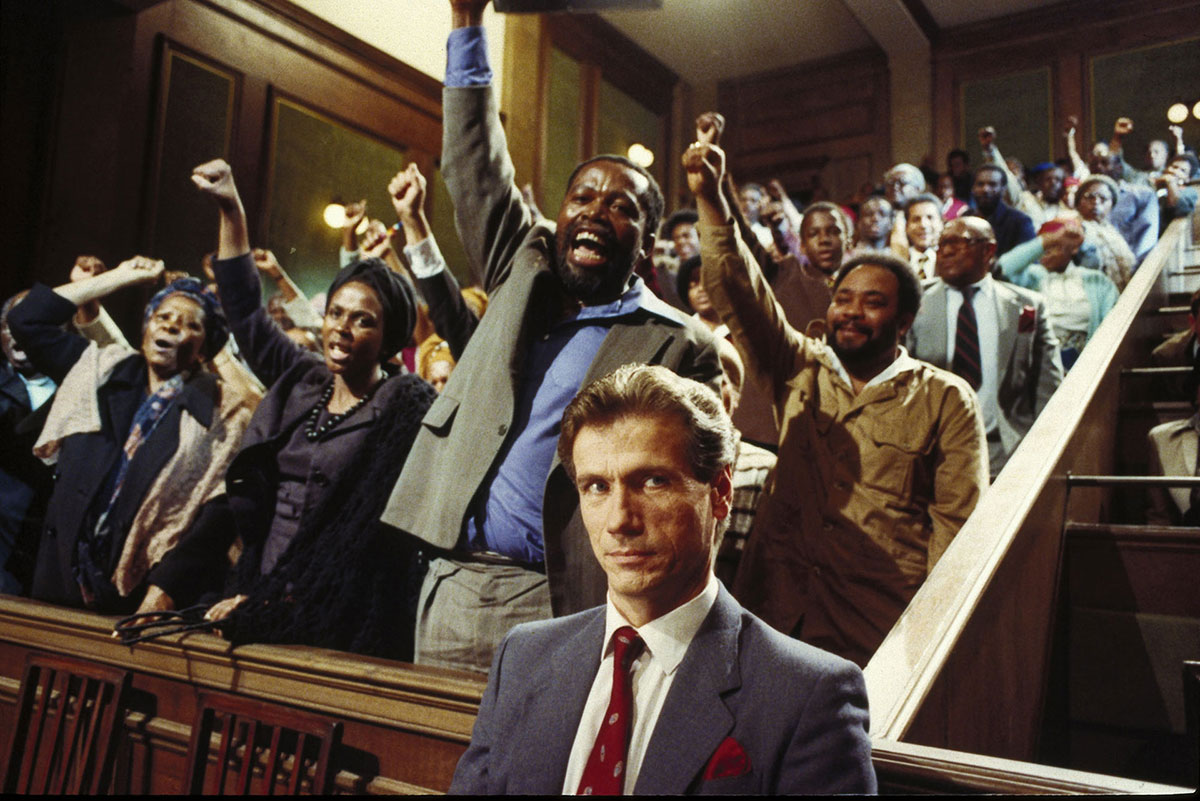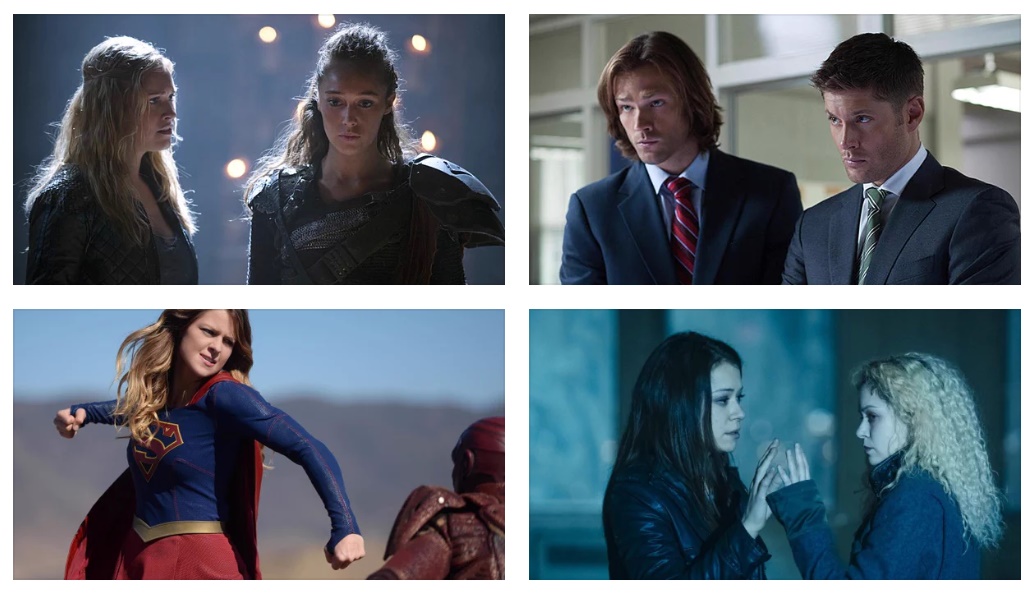Lena Dunham and the Creator’s “Less-Than-Perfect” Body On-Screen
Every time someone calls to question the fact that Lena Dunham parades her rolls of fat in front of her audience, we need to examine why they’re questioning it. Is it because they’re wondering how it serves the narrative of ‘Girls’? Or is it because they’re balking at “less-than-perfection” (according to normative societal conventions) in the female form?
